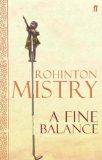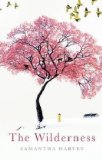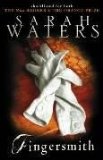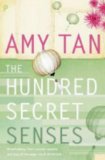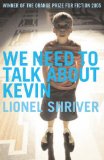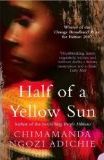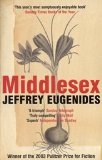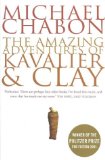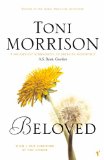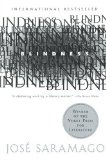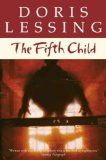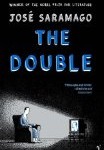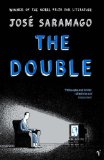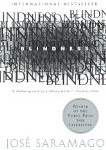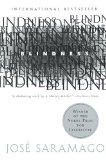There are hundreds of book awards in existence around the world. I love reading award winning fiction, as although I am not guaranteed to enjoy them, they are normally of a higher standard than ones chosen at random.
I have discovered many of my favourite authors by picking up books knowing nothing about them, other than the fact they have won an award. With some prizes I have now taken this to the next level, and am trying to read every book which has won, or in some cases been short listed for the award.
I thought I’d take this opportunity to explain which awards I follow and why.
The Man Booker Prize
The Man Booker Prize is awarded to the best novel written by a citizen of the Commonwealth or the Republic of Ireland. I find the books chosen for this award to be a very mixed bag. Some are outstanding, but a lot of the winning books are picked based upon the quality of the writing, at the expense of a good plot. Overall I find reading the Bookers to be a very satisfying undertaking. I am trying to read all books which have won or been short listed for the prize.
So far I have read 37/241 books from the Booker Prize short list + 2009 longlist .
The Complete Booker blog is a great place to find other people who are reading the Bookers.
Favourites:
The Orange Prize
The Orange Prize is awarded to the best novel written by a woman. The books tend to be lighter, and easier to read than those of the Booker prize, although that wasn’t the case this year! I enjoy reading the Orange books so much that I am also trying to read the short list.
So far I have read 20/88 books from Orange Prize short list.
The Orange Prize Project is a blog for other people who love Orange books as much as me.
Favourites:
The Pulitzer Prize
The Pulitzer Prize is awarded for distinguished fiction by an American author, preferably dealing with American life. I have only recently commited to reading all the books from this prize, but have consistently enjoyed the ones which I have read.
So far I have read 8/87 Pulitzer Prize winners.
The Pulitzer Project is a blog for everyone trying to read all the winners of this prize.
Favourites:
The Commonwealth Writers’ Prize
The Commonwealth Writers’ Prize aims to reward the best Commonwealth fiction written in English. At the moment I am not purposefully trying to complete the list, but this may change soon. I love the way that the short list is divided into four regions (Africa, The Caribbean and Canada, Europe and South Asia, and South East Asia and South Pacific) This ensures that a wide range of cultures are always reflected in the nominees. It is a great place to look if you are after books from a certain region of the world.
So far I have read 5/25 Commonwealth Writers’ Prize winners
Favourites:
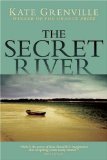
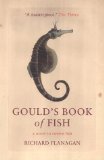
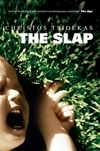
The Nobel Prize
The Nobel Prize is awarded annually to an author, based on the body of work they have produced. I am not trying to read all Nobel winning authors at the moment, but have enjoyed a lot of books written by the winners. The Nobel authors write literary fiction, which is often difficult to read. This means that the books have less general appeal, but with a bit of concentration they can be rewarding reads.
The Nobel Prize blog is one which I am tempted to join in the future.
Favourites:
Other Prizes
I am always interested in the Costa Book Awards. This is awarded to the best fiction from the UK and Ireland, but I have been disappointed by a few of the past winners. The books tend to be lighter reads, which although enjoyable, do not contain the standard of writing present in the awards mentioned previously.
I have recently rediscovered the joy of the audio book and so love browsing the list of Audie winners.
The International IMPAC Dublin Literary Award is open to books written in any language, from anywhere in the world. I love the variety of books it contains, but this also means that they vary in their appeal to me.
The Independent Foreign Fiction Prize is a great place to look for books in translation.
I keep an eye out for numerous other book awards, but these are the ones which interest me the most.
Which book awards do you follow?
Are there any others which you feel I am missing out on?
